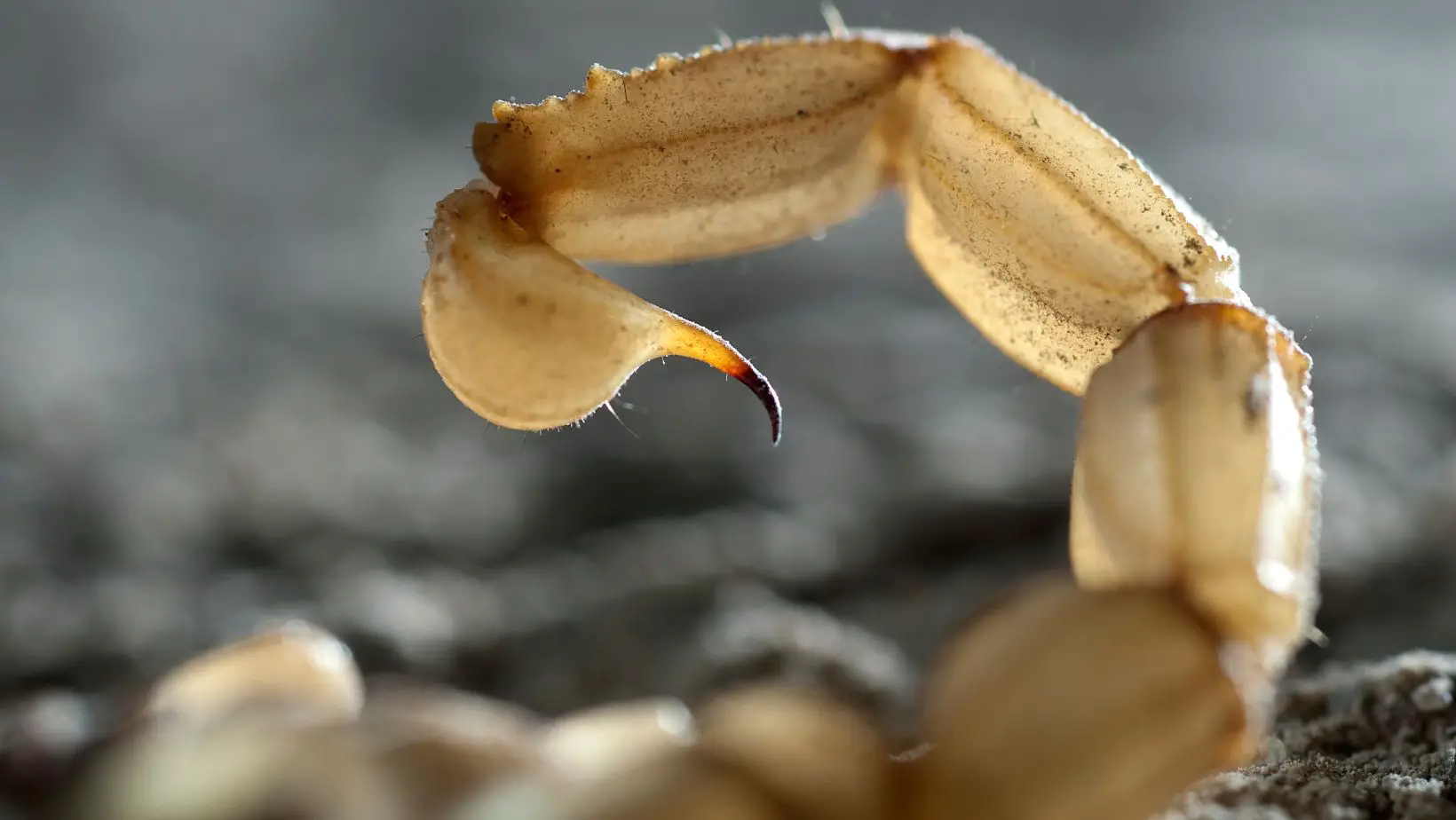Scorpion stings can be a cause for concern, and it is essential to separate myths from facts when it comes to understanding and dealing with these situations. Here are some common myths and facts about scorpion stings:
Myth: All scorpion stings are painful.
Fact: While scorpion stings can be painful, the level of danger varies depending on the species of scorpion and individual factors such as the person’s age, overall health, and sensitivity to venom. Most scorpion stings cause localized symptoms that resolve independently without severe complications.
Myth: Applying urine or chemicals on a scorpion sting helps.
Fact: Applying urine or various chemicals on a scorpion sting is not proven to be effective and can potentially cause further irritation or harm. It is best to clean the sting area with mild soap and water and seek appropriate medical attention.
Myth: Cutting the wound or sucking out the venom is beneficial.
Fact: Cutting the wound or attempting to suck out the venom can worsen the injury and increase the risk of infection. Avoiding any action that may damage the skin or introduce bacteria to the wound is crucial. Instead, seek immediate medical attention.
Myth: All scorpions are venomous.
Fact: While scorpions possess venom, not all species have venom potent enough to cause severe harm to humans. Many scorpion species have venom that primarily affects their prey and poses minimal threat to humans.
Myth: Home remedies are sufficient for scorpion stings.
Fact: Home remedies may provide temporary relief but should not replace professional medical attention. Immediate medical evaluation is crucial, especially in the case of scorpion stings, to determine the severity of the sting and administer appropriate treatment, including the potential use of antivenom.
Myth: Scorpions always inject venom with each sting.
Fact: Scorpions can control the venom they inject with each sting. Some stings may be “dry,” meaning no venom is injected. However, it is challenging to determine if a sting is dry or venomous, so it is best to treat all scorpion stings seriously and seek medical attention.
Myth: All scorpion bites require antivenom.
Fact: Antivenom is only administered for severe scorpion envenomation cases. Mild to moderate stings may be managed symptomatically without antivenom.
Myth: Traditional remedies are always effective for scorpion stings.
Fact: Traditional remedies may offer temporary relief but should not replace seeking immediate medical attention, especially for severe symptoms.
Myth: Drinking alcohol after a scorpion sting is beneficial.
Fact: Alcohol consumption does not help treat a scorpion sting and may even interfere with medical treatment. It is advisable to avoid alcohol in such situations.
Myth: Scorpions are immune to their venom.
Fact: While scorpions have a certain resistance to their own venom, it can still affect them, especially in high doses or vulnerable areas.
Summary
Regarding scorpion stings, it is important to rely on accurate information and seek professional medical help promptly. Healthcare professionals can provide appropriate evaluation, treatment, and advice based on the situation.
